Depression is a disruptive mental health issue, and it affects people differently. Its intensity ranges from mild to severe, with moderately severe falling between.
A United States, survey revealed 36% of depressed adults experienced mild symptoms, while 26% faced moderate depression. The remaining 12.9% grappled with severe cases.
Unlike occasional sadness, depression can significantly impair daily functioning. Each person’s experience is unique, making it crucial to recognize and address this complex condition.
It’s vital to know “what is moderate depression.” It helps us understand its effects, find the right treatments, and tell it apart from other depressions.
Don’t let depression stop you from living your best life. Reach out to Ascension Psychiatric. We’re here to help. Phone us now for a meeting at our place in Atlanta, GA, or Washington, DC!
What Is Moderate Depression Mean?
Moderate depression is a type of major depressive disorder (MDD). The severity and frequency of symptoms define it. This condition goes beyond a few bad days.
It involves a consistent pattern of symptoms that impacts daily life.
The mild, moderate, and severe scale helps categorize its severity, aiding in diagnosis and treatment.
Symptoms of Moderate Depression
When depression is moderate, the signs are clearer than when it’s mild. You might see:
- Constant feelings of sadness
- No longer enjoying things you used to
- Big shifts in how much you eat or your weight
- Problems with sleep, either sleeping too much or not enough
- Feeling tired or low on energy
- Issues with focus or decision-making
- A strong sense of guilt or feeling useless
- Thoughts about dying or ending your own life
These signs can cause moderate disruptions in work or social spaces.
How to Tell the Difference Between Mild and Moderate or Severe Depression?
Depression touches everyone differently. Its influence depends on its strength.
Mild Depression
Having mild depression feels like a burden but it’s generally under control. It might shake up routines a bit, but it’s not too harsh.
Conversations with a counselor and lifestyle shifts can often help those with mild depression, eliminating the need for drugs.
Moderate Depression
Moderate depression is more intense, it includes the same feelings as mild depression but they’re magnified and more frequent. It can challenge the completion of day-to-day tasks.
Severe Depression
Severe depression is incredibly hard-hitting and tough to manage. It leads to significant disruptions in daily life, including scary things like having illusionary experiences or suicidal tendencies.
Moderate vs Mild
The key differences between mild and moderate depression that help to distinguish them are:
- Mild issues are minor and have little impact. Moderate issues are more obvious and affect daily life.
- Mild symptoms include minor headaches. Moderate symptoms involve more serious pain.
- Mild issues need simple care, like home remedies. Moderate issues often require medical attention.
- Mild problems are short-lived. Moderate problems last longer and need more effort.
- A small cut or slight cold is mild. A bad backache or severe allergy is moderate.
- Mild issues rarely lead to serious problems. Moderate issues can, without treatment.
- Mild issues require simple solutions. Moderate ones often need medication or professional care.
What Is the Process for Diagnosing Moderate Depression?
Doctors identify moderate depression by how long and strongly low mood symptoms stick around, needing to hang on for a minimum of two weeks.
Not everyone with depression has the same experience the signs can change and vary.
The DSM-5, used by mental health professionals, doesn’t say how many symptoms are needed to label moderate depression.
Instead, it’s up to a health provider to base the label on how hard the symptoms hit daily living.
According to the American Psychiatric Association, the DSM-5 helps health workers to figure out and classify mental health problems.
As there’s no clear cut-off point for moderate depression, mental health helpers have to gauge how much the low mood turns daily life upside down.
If the low feelings mildly touch your life, you could get labeled with mild depression. If they get in the way a lot, the label might be moderate.
When the symptoms make life hard and stop you in your tracks, that’s called severe depression.
Treatment for Moderate Depression
If you think you have moderate, mild, or severe depression, talk to a mental health professional. They will assess your symptoms, provide a diagnosis, and discuss treatment options.
Here are some common approaches for managing depression:
Talk Therapy
Cognitive-behavioral therapy, also known as CBT, interpersonal therapy, or IPT, and other psychotherapy types can assist people. They can check and control their thought patterns and actions tied to depression.
Medicine
Doctors may suggest drugs like antidepressants. These could include selective serotonin reuptake inhibitors or SSRIs, or serotonin-norepinephrine reuptake inhibitors, also known as SNRIs. Their job is to keep the brain chemicals in balance.
Managing Moderate Depression
Treating moderate depression goes beyond medicine. Effective coping strategies are key. They can improve daily life and well-being. Here are some practical tips:
- Having a consistent routine brings a sense of normality and power. Regular wake-up, meal, and sleep times help stabilize mood.
- Doing things that make you move can brighten your mood and counteract sorrow. Aim for moderate activities for about 30 minutes on most days.
- Being around caring friends or family can be priceless. Sharing how you feel can cut down feelings of isolation.
- Activities like deep breathing, meditation, and yoga can ease stress and increase focus. Being present at the moment can minimize negative thinking.
- Break down tasks into smaller, manageable steps and be proud of your achievements. Attainable goals can increase your drive and give you a feeling of accomplishment.
These methods, when combined with professional help, can help handle moderate depression effectively.
Conclusion
To sum up, what is moderate depression? Moderate depression seriously impacts life quality.
It’s vital to understand its symptoms, causes, and treatments. This knowledge aids in management and recovery.
If you or someone you know is affected, see a mental health professional. It’s a crucial step towards healing. Support and treatment can greatly improve well-being and life quality.
FAQs
Is moderate depression bad or serious?
Moderate depression is a serious condition that affects your daily life. It’s important to get help from a doctor to manage it.
Can moderate depression turn into severe depression?
Yes, moderate depression may worsen into severe depression if not controlled suitably.
What’s the impact of moderate depression on daily life?
It often substantially disrupts day-to-day activities, jobs, and personal relations.
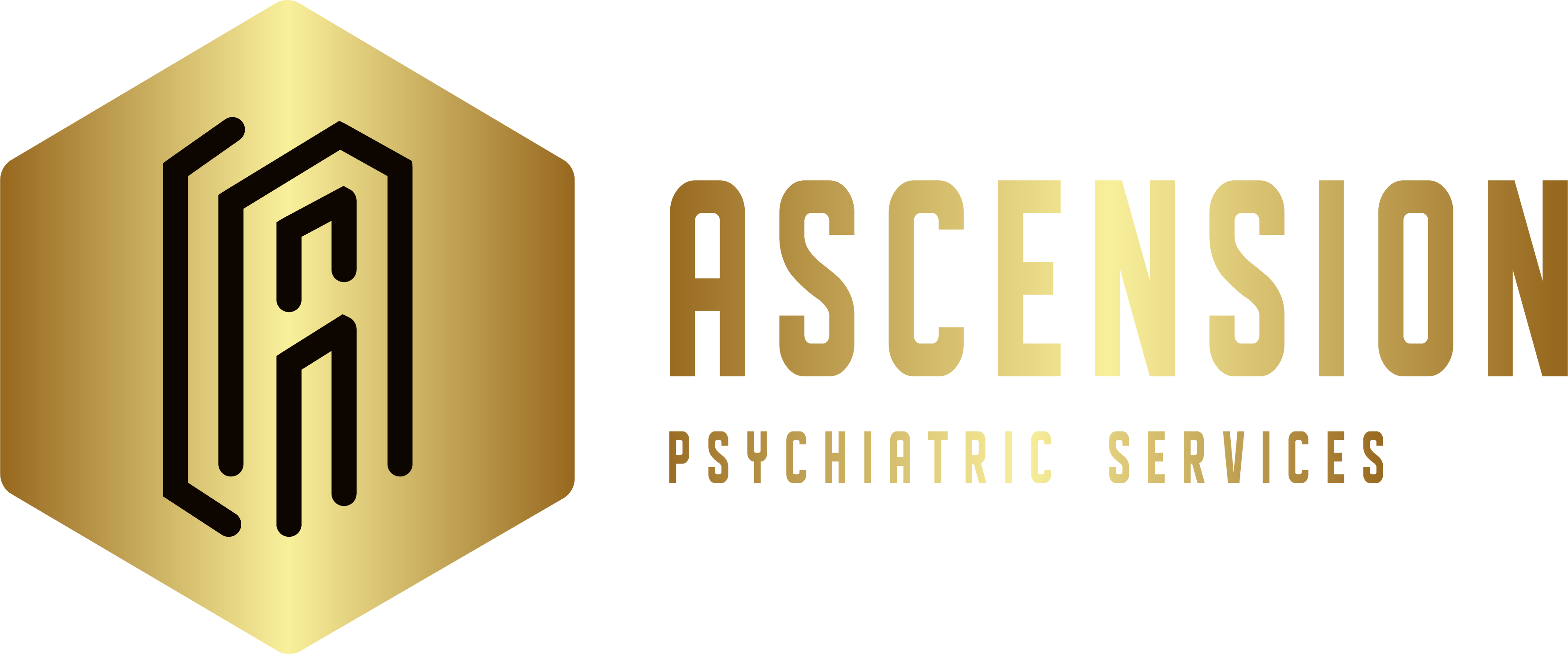
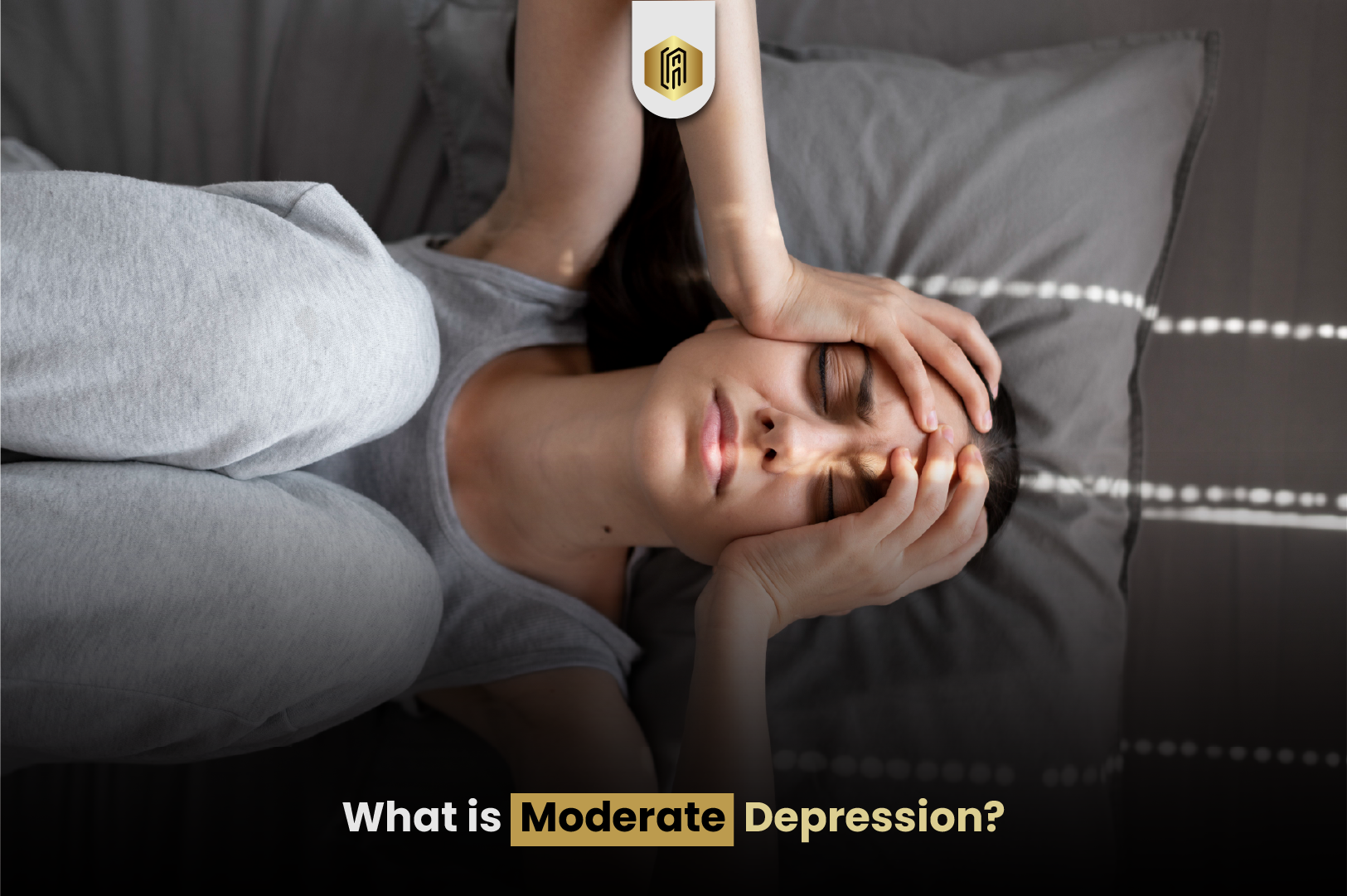
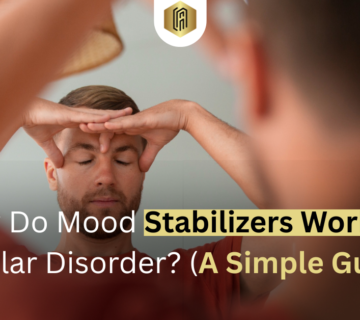

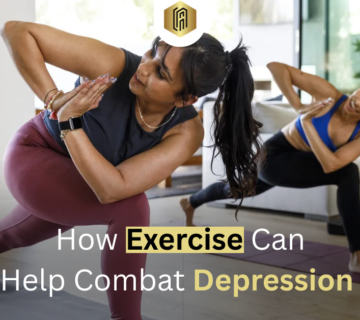
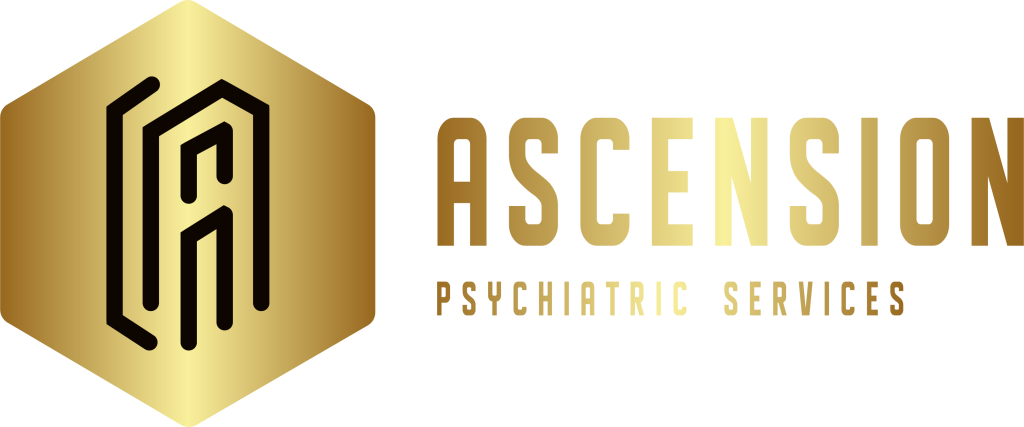
No comment